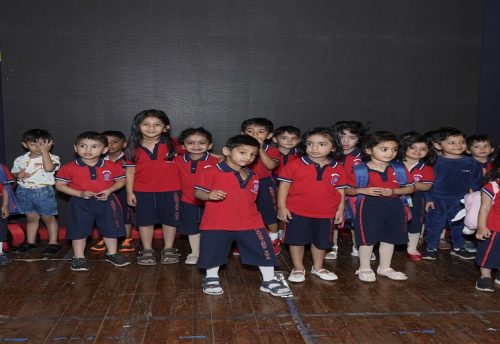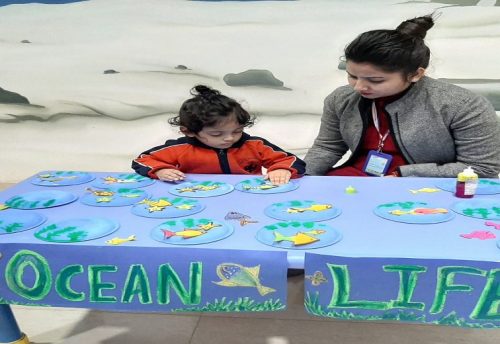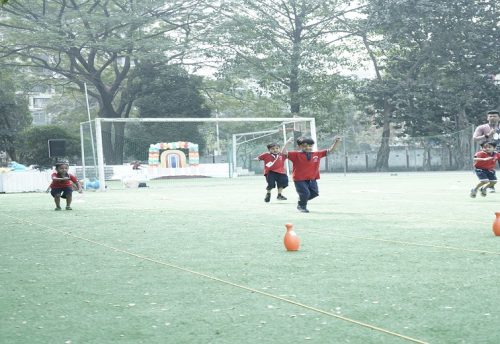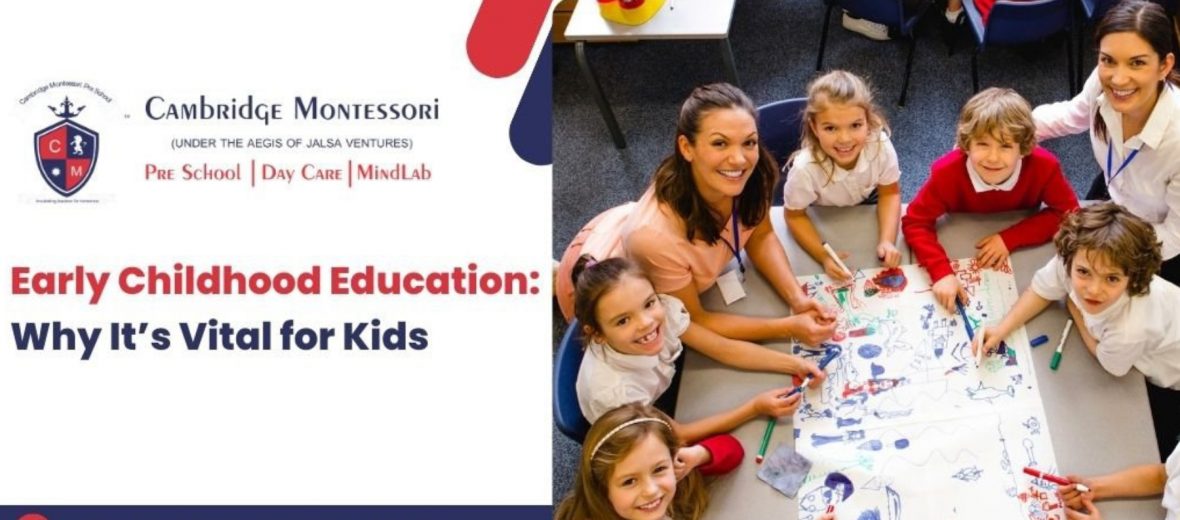
Early Childhood Education: Why It’s Vital for Kids
The first few years of a child’s life are like the foundation of a building; if it’s strong, everything built on top stands tall and steady. That is the right time to introduce early childhood education into their lives.
This process is not only concerned with learning the alphabet or even numbers; it is about developing how the children think, feel, and relate to the world.
According to UNICEF, 90% of a child’s brain develops in the first five years, making these early years crucial for learning and growth.
This blog should help you understand why early childhood education is such an essential aspect of your child’s future, what skills it develops, and how it can place them on the road to a lifetime of success.
Building a Strong Learning Foundation
The early years form the bedrock of a child’s learning journey, a time when their mind is so open and receptive that it eagerly soaks up new experiences and knowledge.
Storytelling, puzzles, and basic experiments are only some of the activities that not only entertain but also foster critical thinking, language skills, and problem-solving.
For example, when kids are creating a structure by stacking blocks when they play, they are getting to understand balance, gravity, and even basic maths concepts.
Research has revealed that those children who have attended high-quality preschool programs are most likely to succeed later in life, as far as academics are concerned, both in reading and mathematics.
Kids are being taught to perform well in different environments, such as school, home, or social events. When they act well, they are praised with love and appreciation, and this is the most important for the early growth of a child.
This is the beauty of early childhood education, which is not restricted to academics. It creates curiosity—seeking to know and ask why. Curiosity, when used at a tender age, develops into a major lifelong learning impulse.
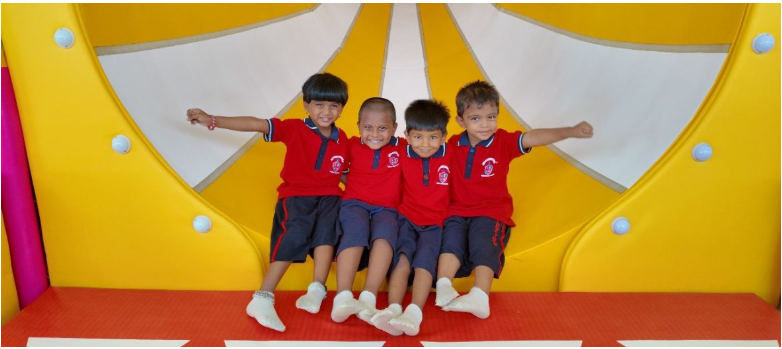
Developing Social and Emotional Skills
Children do not come into the world knowing how to share, collaborate, and effectively communicate their emotions. These are learned skills, and early childhood education provides the perfect environment to develop them.
The children in a preschool environment can engage in peer interaction and group activities and learn to obey simple rules. These activities under a room are similar to the outer environment. So they will be trained for the outer world as well.
They understand resilience by winning and losing in small games and activities. They also learn to express themselves in words and not in action, but regulate their emotions.
The strategies that teachers employ in early childhood education programs are simple and have a goal of making children able to recognise emotions and understand them, even those of others, which is called being able to distinguish and have emotion awareness. Such simple strategies include role-plays, songs, and storytelling.
Such emotional intelligence is equally as crucial as academic knowledge because it has a greater impact on how children form relationships and cope in life.
Learning to be considerate and work together at an early age, the kids bring those qualities into their school life and become better learners and also better friends. This way, they can make better friends and interact with other people while growing up.
Improved Confidence and Independence
Brain, emotions, and confidence are developing in your child now, and the proper learning environment can ensure that he or she thrives.
One of the most overlooked benefits of early childhood education is the boost it gives to a child’s self-confidence. This is why a child may feel good after reciting a poem written on the blackboard in front of the class or solving a puzzle they had been working on.
Early childhood programs motivate the child to engage in unfamiliar activities, make decisions, and conduct their own solution. This may be as simple as tying their shoes or cleaning up after play time, or asking questions in class, but each small step is a step toward self-esteem.
It is also better in the second stage or the transition to primary school because of the confidence that they have in the early years. Students who have self-confidence are more open to accepting a challenge, engaging in classroom discussions, and attempting new things without being afraid to be wrong.
Life skills such as independence and confidence are important elements that take time to foster; the sooner the better.
Conclusion
Early childhood education is not merely preparation for school; it is a guarantee of the future of your child. The benefits extend far beyond the classroom, in terms of developing social skills and confidence, learning strong habits, etc.
As a parent, it is one of the crucial investments you can make in your child’s early years.
Choose a quality early education program that nurtures your child’s mind and spirit, and set your child on a path to lifelong curiosity and confidence.

